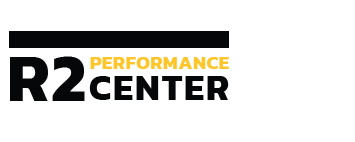

A cohesive team works together and lives by the Army Values in a culture of trust.
Cohesive teams start with leaders who can have tough conversations and make the right decisions. These leaders teach and model how to communicate and encourage their teams to stay motivated and take ownership of assigned tasks to achieve results.
Cohesive teams are not born; leaders create them
R2 Performance Center experts teach junior leaders strategies and techniques to build unit cohesion and sustain ready and resilient teams.
Squad Leader Development Course
The Army leadership requirements outlined in ADP 6-22 emphasize integrating, demonstrating and sustaining Army Values. The leadership core competencies include the ability to build trust, communicate and create a positive environment.
This course develops squad leaders’ leadership skills by teaching concepts like communication, empathy and trust. Squad leaders also learn how to have tough conversations and practical strategies for leading and developing others.
Team Building
Sometimes a team can benefit from getting to know each other, kicking off a training event with an activity that energizes the group or learning to work together to overcome challenges. R2 Performance Center trainers customize activities that help teams get to know each other better, learn about their communication and collaboration styles and have fun while learning to work together.
Great Teams Workshop
Great Teams is a culture development program that brings together selected Soldiers and leaders from across the unit to engage in exercises and discussions that solidify or redefine the unit’s shared philosophy, vision, values and standards, which compose a unit’s culture. Defining an intentional culture gives the unit a foundation on which to build cohesive, well-led teams committed to the Army professional ethics.
Engage Training
There may have been times when you wished you’d noticed an issue sooner or stepped in or alerted someone about a concern. Even though you cared, you may not have known how.
Research on pro-social behavior has shown that helping others improves our connections and trust in others. Offering someone help is a conscious process and is dependent on the ability to say “yes” at critical choice points. Engage training teaches what those choice points are, how to notice them, how to take responsibility, and how to act in critical moments to help a battle buddy before a problem escalates.
